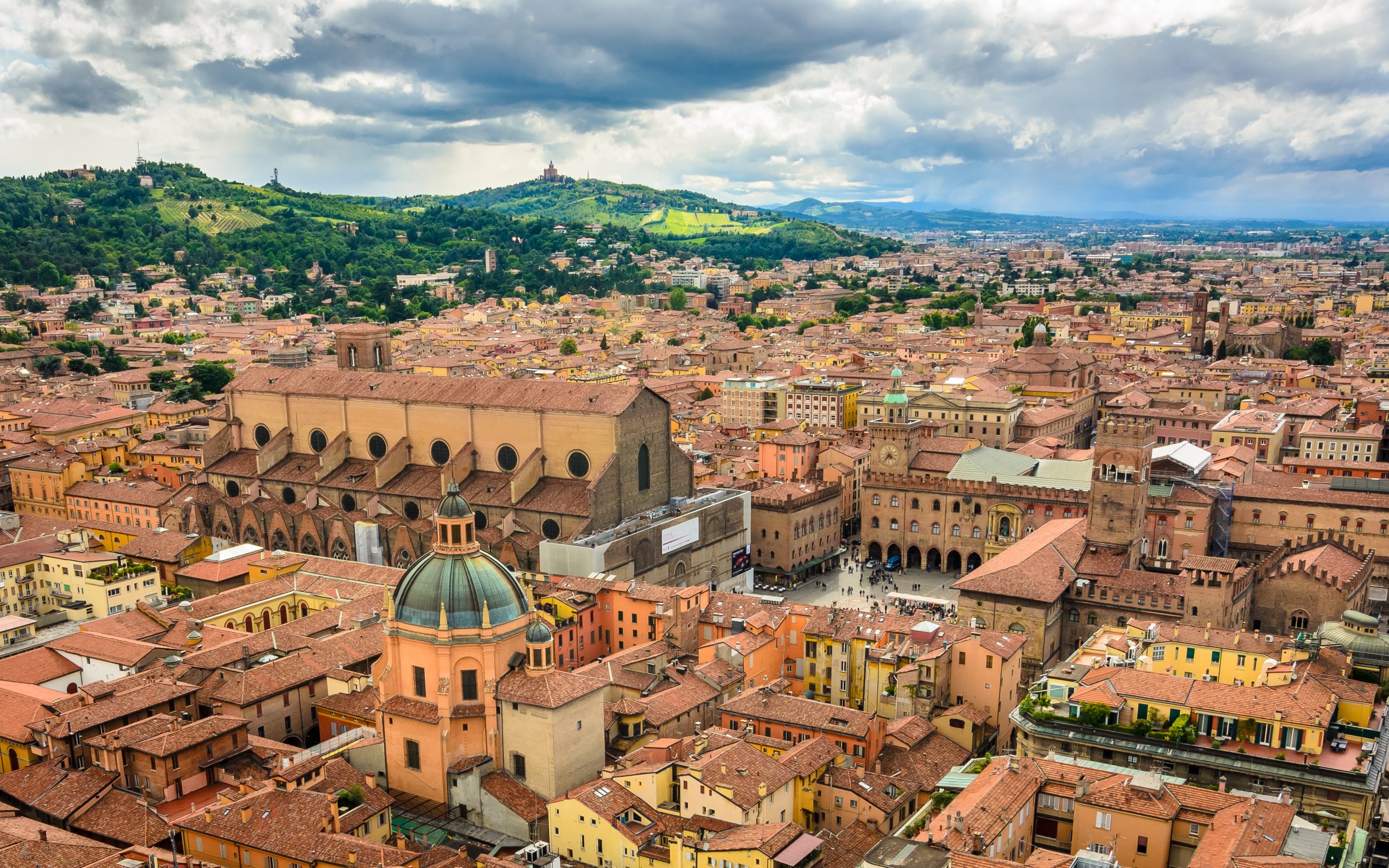Opinion:?In October 2021,?22-year-old Yaya Yafa?went to work at Bologna’s Interporto warehouse complex and?never came home. He died in a workplace accident, his death another in a series of fatal accidents within the Italian logistics industry. Yafa was a refugee from Guinea Bissau and his death highlighted an emerging issue in Italy: asylum seekers working in the high-pressure, underregulated logistics sector.
As refugees flee the war in Ukraine, some reports describe their?welcome?into Italy. But activists and previous asylum seekers are speaking out. They say there’s a cold, racist reality behind the warm, welcoming smile.
SDA, the company in charge of the warehouse where Yafa worked, is linked to the national postal service and was used to distribute the Covid-19 vaccine. The whole Interporto complex is part of a pact with local authorities for what they call &ethical logistics’.
READ MORE:
*?Not much for low-waged migrants in immigration reset
*?$1000 infringement fees just &loose change’ to?exploitative employers
A parliamentary commission visited the SDA warehouse less than two months after Yafa’s fatal accident but found no particular workplace problems there. Migrants, local groups and grassroots trade unions tell an entirely different story that includes a lack of proper safety measures, long chains of contracting and subcontracting, and inadequate training of workers, who are sometimes recruited on a daily basis. A criminal investigation into Yafa’s death is ongoing.
Bologna traditionally has a large number of migrant workers, and with the rise of logistics from the 2010s a new generation of migrant workers found jobs in the warehouses. The city is home to several logistics facilities, including the vast Interporto transshipment site at the city’s outskirts. It is far from the spotlight, but Bologna’s economy and politics are intertwined with what happens there.?
The presence of migrant workers is well known, but their relevance in the logistics sector went almost unnoticed until a?series of protests?in 2012 led to?the first wider strike?in the sector in March 2013 and to labour disputes at a scale not seen in Italy for decades.
Yafa had lived in Ferrara, a smaller town around an hour from Bologna. But because he was an asylum seeker, his death distressed the hundreds of asylum seekers living in Bologna’s largest migrant-reception centre, Via Mattei, some of whom also worked at the Interporto complex. In the past year many have participated in?protests?against the conditions in the reception centre - which they say is overcrowded and unfit for occupation - the long processing times for their immigration applications and the lack of proper transportation between the centre and the Interporto. A month after Yafa’s death, some joined a?wildcat strike?at the SDA warehouse where he had worked.
The asylum seekers’ organised voice adds to the many scattered voices of other asylum seekers denouncing harsh working conditions and the vicious circle created by the long processing times for their immigration applications and the need to earn an income and get their documents in order.
Authorities insist good immigration policy needs to integrate migrants within Italian society. Migrants and local groups argue some integration policies that could help them - such as language classes and proper housing - leave much to be desired, while they face mistreatment by police. But the greater issue still is they find themselves trapped by vicious labour practices. In recent years this has particularly involved logistics, an industry the pandemic revealed to be essential to the entire economy.

Reports from migrants and trade unionists, local news, and local authorities’ initiatives suggest the issues the asylum seekers were protesting against are far from isolated. There is a specific focus on rapidly training asylum seekers for warehouse work and recruiting them through temporary-work agencies. Turning asylum seekers into warehouse workers is particularly appealing for the logistics industry, which sees high employee turnover and frequent worker exhaustion.?
Asylum seekers are often socially isolated and tend to lack other employment options, so they are a useful labour pool for firms that have confronted worker turmoil and new forms of unionism and political activism. In this situation, reception centres like the Mattei function as dormitories for workers employed in logistics warehouses. But the increasingly strong link between immigration policies, including the reception of asylum seekers, and labour patterns is not limited to logistics. It is part of a wider trend.
For years, restrictive migration policies have limited legal pathways into European countries. But instead of limiting migration altogether, these restrictions have pushed most migrants to seek asylum. Meanwhile, a coordinated effort has emerged to turn asylum seekers who arrive in large numbers into a new labour force. For years, immigration policies have promoted migrants’ integration into the labour market, but a more targeted policy now tries to use migrant labour to cover shortages and disruptions in specific sectors such as logistics, care work, construction and agriculture. Special programmes are set up to recruit vulnerable or disadvantaged people. As local migrant-worker advocacy group Coordinamento Migranti?puts it, for these people &the only possible integration is the integration within exploitation’.
Bologna has a strong tradition of large trade unions and political activism, but this doesn’t seem to help migrant workers, so they look for new allies in self-organised groups and grassroots organisations. They may fear repercussions, but they are an essential part of the economy and they are far from docile.
Yafa’s death prompted a wave of worker protests - but so long as poor living conditions and exploitative practices continue, and newly arrived refugees from regions in conflict are met with discriminatory policies, the quest for justice can ratchet up the tension at any moment.?
Giorgio Grappi?is a Research Fellow at the Department of Political and Social Sciences, University of Bologna. He has studied migration and logistics, and is involved in antiracist movements in Italy and Europe.?
No conflicts of interest were declared in relation to this article.
This article is part of a Special Report on the &Changing face of migration’, ?produced in collaboration with the?Calcutta Research Group.
Originally published under?Creative Commons?by?360info?.


